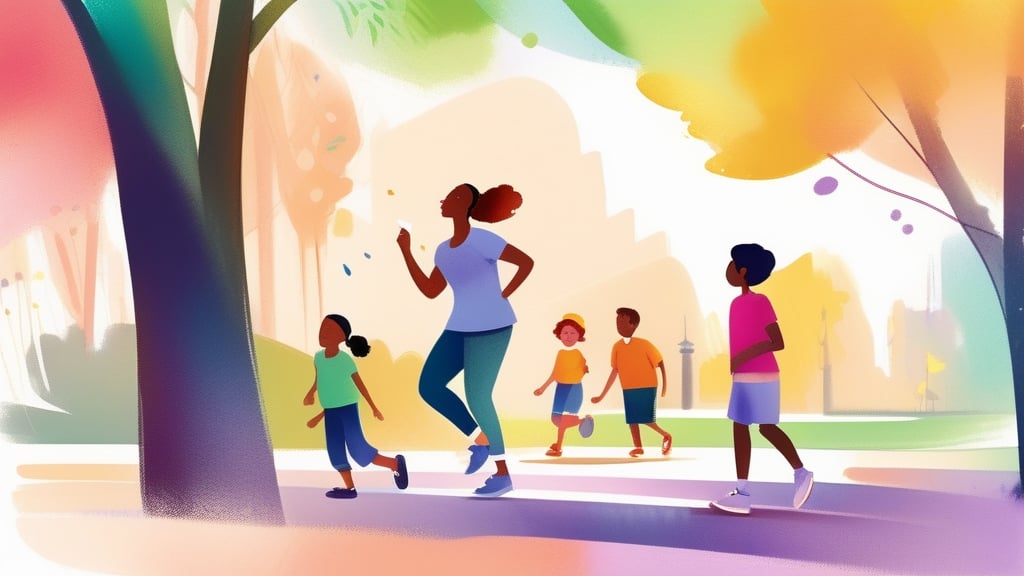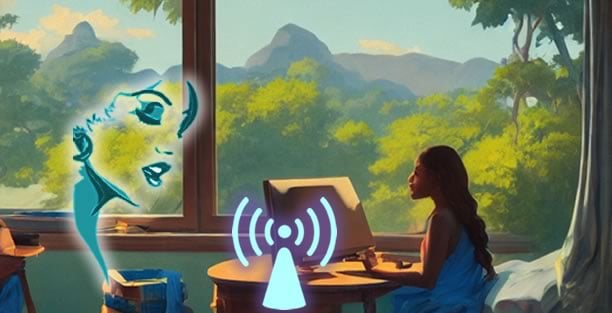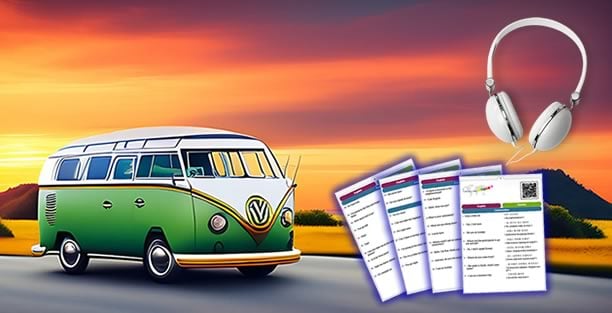Learn Polish
| English | Polish | |||
|---|---|---|---|---|
| Hello | Dzień dobry | |||
| Good evening | Dobry wieczór | |||
| Goodbye | Do widzenia | |||
| See you later | Do zobaczenia | |||
| See you later | Na razie | |||
| Yes | Tak | |||
| No | Nie | |||
| Please! | Przepraszam! | |||
| Thanks | Dziękuję | |||
| Thanks a lot | Dziękuję bardzo! | |||
| Thank you for your help | Dziękuję za pomoc | |||
| Don't mention it | Proszę | |||
| Ok | Zgoda! | |||
| Ok | Okej | |||
| How much is it? | Przepraszam, ile to kosztuje? | |||
| Sorry! | Przepraszam! | |||
| I don't understand | Nie rozumiem | |||
| I get it | Zrozumiałem | |||
| I get it | Zrozumiałam | |||
| I don't know | Nie wiem | |||
| Forbidden | Wstęp wzbroniony | |||
| Excuse me, where are the toilets? | Przepraszam, gdzie są toalety? | |||
| Happy New Year! | Szczęśliwego Nowego Roku! | |||
| Happy birthday! | Wszystkiego najlepszego z okazji urodzin! | |||
| Happy holiday! | Wesołych świąt! | |||
| Congratulations! | Gratulacje! |
How to Learn Polish by Yourself? Start with an Easy and Free Online Course!
We have adopted an objective and efficient approach to learn how to speak a language easily and quickly. We suggest you start by memorizing words, phrases, and practical expressions that you can use in everyday life and that will be useful when traveling.
Getting used to pronouncing words out loud, such as numbers, is an easy exercise you can practice often and at any time throughout the day.
This practice will help you get accustomed to the sounds of your chosen language, making it more familiar.
Once your holidays have begun, whether in Warsaw, Krakow, or another Polish city, you will be surprised at how familiar and easy to understand it will seem.
Furthermore, using a pocket dictionary is always useful, particularly during a trip. It allows you to find the translation of new words and enrich your vocabulary.
Why Speak Polish While Traveling?
This language will open doors to the original versions of works by a large number of playwrights, musicians, and directors of international renown.
A Country of Tourism and Culture
As a member of the European Union, the WTO, the UN, and other international organizations, Poland has fourteen UNESCO World Heritage sites, including Auschwitz-Birkenau, the historic centers of Krakow and Warsaw, the Castle of the Teutonic Order in Malbork, and the Białowieża Forest. The Polish territory is also dominated by major rivers such as the Vistula and the Oder, as well as numerous lakes, mountain ranges, and the Błędów Desert.
In the arts, Poland distinguishes itself with playwrights like Leon Schiller, Jerzy Grotowski, and Krzysztof Warlikowski. Polish music features figures such as Frédéric Chopin, Henryk Górecki, and the group Vader. Polish cinema has influenced global cinematography through directors like Roman Polański and Andrzej Żuławski. Other prominent Polish personalities who have impacted the world include Nicolaus Copernicus, Marie Curie, and Wisława Szymborska.
Beyond all the tourist and cultural attractions, the country is also a business destination. Its rapid growth has put it in eighth place in the ranking of the economies of the European Union in terms of GDP, and twenty-fifth place in the world.
Make a Success of Your Stay in Poland
Whether you are going to spend a few days with friends on a leisure trip or if you are on a business trip, nothing will be more useful than being able to slip in a few words in the language of your interlocutors. They will appreciate your effort and be more willing to help.
How to Succeed in Having Good Pronunciation Within a Week to a Month?
With about 55 million native speakers, Polish is the official language of Poland and is spoken in several countries around the world, including the United States, Germany, Brazil, and the United Kingdom. This makes it the second most widely spoken Slavic language in the world.
The language is written with the Latin alphabet enriched with diacritics and phonologically has eight vowels and 35 consonants. To pronounce Polish correctly, it is useful to know that the emphasis is usually on the penultimate syllable of a word and that the "soft" (palatal) consonants are either marked by an acute accent or followed by an i.
We invite you to listen to the pronunciation of the letters by clicking on the following link: Polish alphabet with audio.
Practical Tips for Learning Polish
1. Start with the Basics
Begin by learning the Polish alphabet and basic pronunciation rules. This foundation will help you read and speak Polish more accurately.
2. Build Your Vocabulary
Focus on everyday words and phrases that you are likely to use. Flashcards and language apps can be very helpful in expanding your vocabulary.
3. Practice Speaking
Speak Polish as much as possible. Practice with native speakers or fellow learners. Use language exchange platforms to find conversation partners.
4. Immerse Yourself
Immerse yourself in the language through Polish media. Watch Polish movies, listen to Polish music, and follow Polish news. This will help improve your listening skills and familiarize you with the cultural context.
5. Use Official Online Resources
Online resources to help you learn Polish:
- Polish Radio: Provides news and cultural programs in Polish and other languages.
6. Take a Language Course
Consider enrolling in a language course with a qualified teacher. Personalized instruction can accelerate your learning and help you master difficult concepts.
7. Stay Consistent
Consistency is key. Practice Polish daily, even if only for a few minutes. Regular exposure and practice will lead to steady progress.
By following these steps and utilizing the available resources, you can start speaking and understanding Polish in no time. Happy learning!





